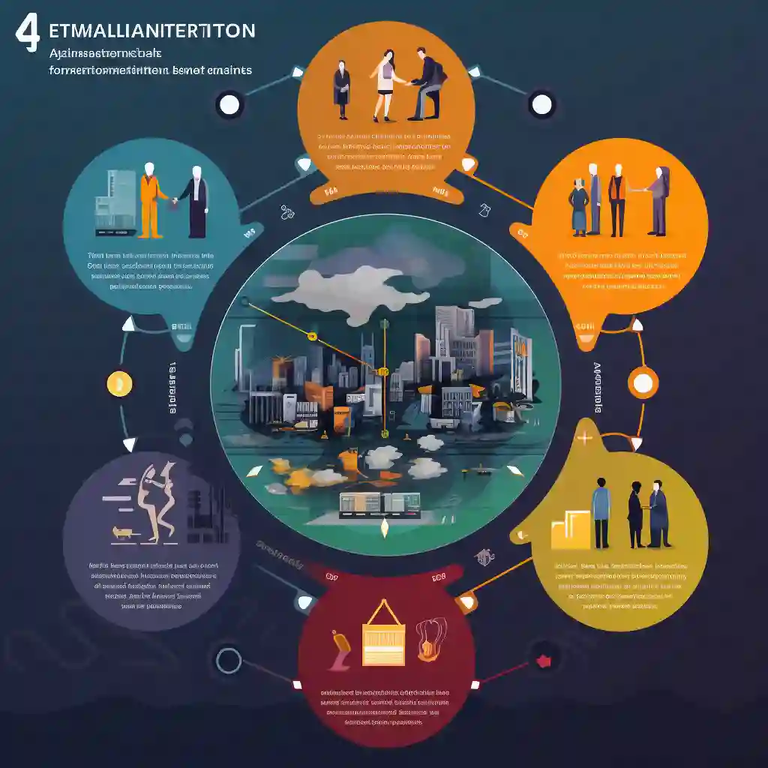
Artificial intelligence (AI) systems are becoming more brilliant and complex as time progresses. However, these advancements have yet to eliminate AI's need for human input. The explanation is straightforward:
A detailed analysis of why human input is required at every stage in creating, deploying, and maintaining AI systems follows.
- Accuracy Enhanced
Accuracy is a crucial area in which human contribution may greatly help AI. For artificial intelligence, accuracy is critical. While AI systems can analyze data far more quickly than humans, human oversight is still necessary for accurate results.
These algorithms are trained on enormous datasets with reliable 'ground truth' information provided by human-labeled data. To train an AI system to identify cats and dogs, for instance, people may categorize photographs of the animals. Providing the AI system with a 'correct answer' to study will help it improve its identifying abilities. Supervised learning relies heavily on correctly labeled data provided by humans.
2 . Ethical deliberation and decision-making
Regarding ethical issues, humans are crucial to developing AI's decision-making process. Unfortunately, AI lacks comprehension of cultural, societal, and individual values essential for moral judgments. Even the most sophisticated AI algorithms are still incapable of grasping the complexities of morality, social conventions, or the broader repercussions of their actions.
For instance, in an autonomous car accident, the AI may need to choose between crashing into a pedestrian and swerving, putting the lives of the passengers in danger. A computer program may judge based only on the data to minimize injury. Still, a person would also consider aspects like the pedestrian's responsibility, the age of the passengers, and other ethical considerations.
Third, the capacity to change and adapt:
When it comes to AI's adaptability and flexibility, human involvement is invaluable. Reinforcement learning enables AI to learn from its surroundings and modify its answers appropriately, but human guidance speeds up and improves the learning process.
One possible use of AI is in the identification of credit card fraud. In its early stages, the system may be taught by humans to recognize potentially fraudulent transactions by analyzing past examples. New types of fraud may emerge as the system evolves. Experts may step in here and highlight these emerging fraud schemes, allowing the system to learn and improve over time.
- Intuition and creative ability of humans:
Using intuition and creativity is the last area where the human contribution is essential for AI. Although AI systems excel at finding patterns in vast data sets, they still need 'thinking outside the box' or intuitive knowledge to solve problems effectively.
Think of a data science team using AI to evaluate a large dataset. AI may quickly highlight patterns and trends in the data. However, it risks overlooking a vital connection that needs to be evident at first glance. However, a human being's broader expertise may help them detect this association, leading to more perceptive judgments instinctively.
These instances show how much human input improves AI. However, keep in mind that humans and AI have a two-way connection. Humans, too, may aid in developing more efficient and effective AI systems.
Art: midjourney.com
▶️ 3Speak